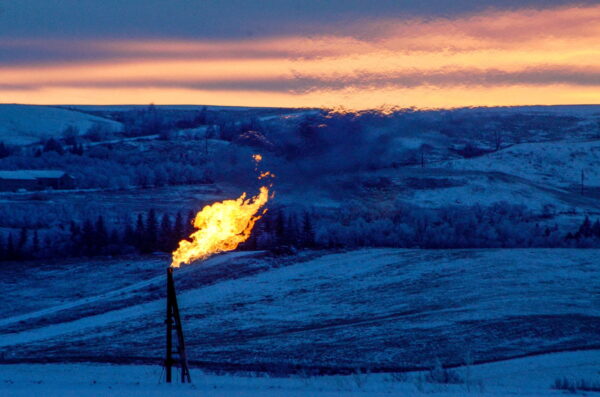Federal Agency May Ban Gas Stoves Across US Over Health Hazards
January 10 | Posted by mrossol | American Thought, Big Govt, EnergySource: Federal Agency May Ban Gas Stoves Across US Over Health Hazards The Epoch Times
A federal agency may implement a nationwide ban on natural gas stoves over concerns that they cause health and respiratory problems.
The U.S. Consumer Product Safety Commission (CPSC) will have public comment about gas stoves in the winter of 2023 and could set standards on emissions—even possibly banning them, CPSC head Richard Trumka Jr. told Bloomberg News. Natural gas stoves are estimated to be used in roughly 40 percent of all U.S. homes.
“This is a hidden hazard,” Trumka told the news service in an interview published on Jan. 9. “Any option is on the table. Products that can’t be made safe can be banned.”
The CPSC already issued a request for information seeking data on the alleged hazards associated with gas stoves and input for solutions, but the CPSC hasn’t proposed any regulatory actions yet, a spokesperson told media outlets on Jan. 9. Representatives for the agency didn’t respond by press time to a request by The Epoch Times for comment.
Such a request for data and input, Trumka told reporters last month, “is the first step in what could be a long journey toward regulating gas stoves.” Trumka, a Biden appointee, is a former congressional Democratic staffer and the son of Richard Trumka, the late former chief of one of the most powerful unions in the United States, the AFL-CIO.
A ban on the manufacture and import of new gas stoves is a “real possibility,” he noted at the time. If there’s enough public pressure, the CPSC “could get a regulation on the books before this time next year,” he said.
Industry groups say that natural gas stoves don’t necessarily emit more harmful emissions than other types of stoves. the Association of Home Appliance Manufacturers and the American Gas Association both argued against a possible ban.
“Ventilation is really where this discussion should be, rather than banning one particular type of technology,” Jill Notini, a vice president at the Association of Home Appliance Manufacturers, told Bloomberg. “Banning one type of a cooking appliance is not going to address the concerns about overall indoor air quality. We may need some behavior change, we may need [people] to turn on their hoods when cooking.”
While Karen Harbert, head of the American Gas Association, argued that neither the CPSC nor the U.S. Environmental Protection Agency (EPA) “present gas ranges as a significant contributor to adverse air quality or health hazard in their technical or public information literature, guidance, or requirements.”
“The most practical, realistic way to achieve a sustainable future where energy is clean, as well as safe, reliable and affordable, is to ensure it includes natural gas and the infrastructure that transports it,” Harbert said.
Reasons
However, the EPA and World Health Organization have said that natural gas stoves emit unsafe levels of air pollutants, such as nitrogen dioxide, carbon monoxide, and other particles. Some studies show that natural gas appliances leak methane even when turned off, critics of the stoves have claimed.

A study published in December 2022, found that gas stove pollution is linked to 12.7 percent of childhood asthma cases. The study was led by an environmental group, not a health or safety organization.
Several months ago, the California Air Resources Board unanimously voted to ban the sale of natural gas-fired furnaces and water heaters by 2030.
“We need to take every action we can to deliver on our commitments to protect public health from the adverse impacts of air pollution, and this strategy identifies how we can do just that,” California Air Resources Board (CARB) Chair Liane Randolph said in a Sept. 22 statement after the ban was voted on.
Like other groups, CARB claimed that the move would benefit “many low-income and disadvantaged communities.”
Conservative groups have criticized bans on natural gas-powered appliances and furnaces.
“Banning natural gas would restrict consumers’ ability to choose the energy source they might prefer. A big reason that families like natural gas is because it wins out on cost,” the Heritage Foundation stated in an article in 2020.
The American Gas Association also stated in 2020 that “households that use natural gas for heating, cooking, and clothes drying save an average of $879 per year compared to homes using electricity for those applications.”





Leave a Reply
You must be logged in to post a comment.